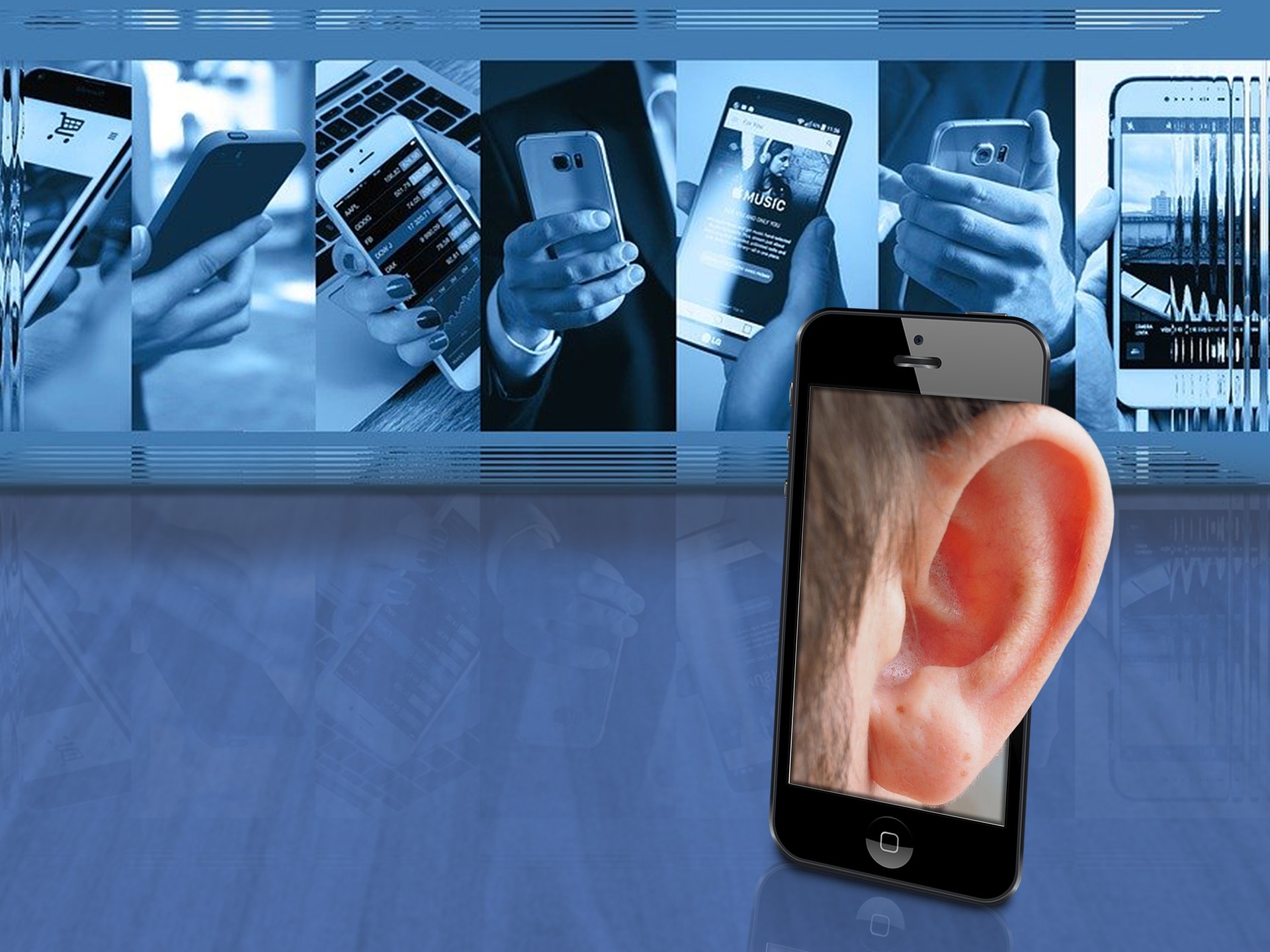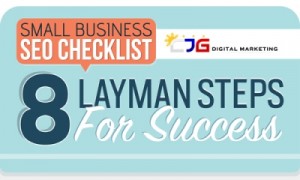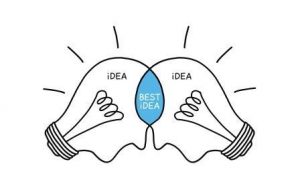
Welcome back to the New Reality of work-life in 2021. When I look back, even though it was a very rough year for many, I find myself thinking, “Where did 2020 go?” Actually, I’m kind of glad it went away. I’m sure you are too, but time flies. It’s amazing how fast things move.
One of the things I did in my off time was listen to a lot of different podcasts, audiobooks, and more. I’ll talk about that in a little bit. One of the podcasts I was listening to, (and people like Gary Vaynerchuk) often talk about the hustle economy, and now is the time to “kick it into high gear”, “get your business mojo going”, yada, yada, yada. Right?
Time is money. But today I want to talk about time vs money. Both are limited resources, but which one do you value more?
Time vs Money
Let’s start off by looking at your time. Ultimately, we have a limited amount of time on this earth. Time is more valuable than money because you can make more money with your time. But in a lot of cases, that’s a mirage.
We think that we can do things ourselves when often it makes sense to get somebody else to help you get things done. That’s what this person was saying. It’s better to pay to get to where you want to be faster than it is to do it yourself and learn how to do it. But what they were really trying to say is money can buy you more time to make more money.
The REAL question you have to ask yourself is, will that open time lead to more money than you’re spending to get a done? Let me explain time vs money.
We all have limited resources. Yes, we have very limited time, but I think most of us have limited money. I don’t think any of us have a spigot or a money tree in our backyard.
How we spend our money is as important as how we spend our time. Another one of the things I did during the break was to look at how I was spending my money. I canceled a few subscriptions and deleted a few things that I wasn’t using, but then I spent some of that money on software upgrades.
I went from using Audible to listen to audiobooks to a new thing called Blinkist. If you’ve never heard of it, it’s a cell phone app that plays 15-minute overviews of books that you might see on Audible. I can now listen to probably a hundred Blinks (what they call summaries) in the time it would take to do one audiobook with Audible. It’s kind of like audio CliffsNotes. I’ll listen to a few new books and maybe go back and revisit some old ones, just to refresh myself on what they had to say.
One of the books that I listened to was on leadership. A key point they talked about was the difference between time and money. I’ve known this for a long time, but people would much rather have a pat on the back than a check. People tend to put a higher value on affirmation over cash. People really love the personal touch. Now, there’s nothing wrong with getting the money, but if you deliver the money with a personal touch, it increases the value of the reward.
Next, I would like to explore three key principles, which I have covered in the past, but I think are important to start this new year off on the right foot (without all that hustle).
Automated Relationships
Sleazy Young Salesman Offering Handshake In Office
The first one is, you can’t automate relationships. A lot of people try to build a business on social media campaigns, email campaigns, and other methods of mass communication. But social algorithms are getting tougher and tougher to cut through the noise.
On my business page on Facebook, I have 1,100 followers and I did a New Year’s message that only reached 33 of those followers out of that 1,100 and only had one person that liked it and no comments. LinkedIn is getting to the point where it’s pretty much the same. I have 4,700 connections. I did a post today that was asking a question. You’d think that more people would respond to it, but I only had 10 reactions and four comments. That was it. The algorithms are making it more difficult to grow and maintain business relationships. I’ll talk about how to deal with that later.
The same goes for email. I switched over from one email program to another. Last week I mailed out the same email to two different lists. One had 3,600 people on it. The open rate was 9.3% and the click-through rate was less than 1%. I went back and looked at prior emails and I ultimately had the same results. Now, the new email system that I set up, I have 1,300 people in there. I had a 19% open rate, which is not great, but it’s better, it’s double. And I had 2.5% clicks, meaning that this more targeted list was more responsive. But still only 20% of the people actually interacted with the email.
The thing that this tells us is those good relationships are two-way communications. That’s the main way you have to work to create any benefit. So, yes – email and social media create awareness, but in order to garner people’s attention, it needs to be a two-way communication street.
Outsourced Relationships
 The next thing you cannot do is outsource relationships. Now, yes, you can hire people for specific tasks – creating your social posts, doing your email, etc. But the one thing that you can’t do is get them to respond for you.
The next thing you cannot do is outsource relationships. Now, yes, you can hire people for specific tasks – creating your social posts, doing your email, etc. But the one thing that you can’t do is get them to respond for you.
I have a handful of virtual assistants to proofread, post to social media, and email for me, but that’s where it ends. You can have a VA monitor your social and email for you and report back when you have interactions, but do they know the depth of the person responding? Are they fully aware of the positives and negatives of each and every relationship?
You have to be the person responding to those messages. People want to know that it’s really you on the other end. And each reply has to have a personal slant with a purpose. That means you need to get involved if you want them to continue the conversation.
Outsourcing Outreach
The last thing you have to be aware of is that you will get better results with personal outreach, especially with people who Know, Like, and Trust you.
Now, these are rough numbers, but when I send a direct message on social media, either Facebook or LinkedIn, I tend to get about an 80% response rate.
When I send text messages, I tend to get about a 70% return within five minutes, but about 90% of the people will respond.
Phone calls will give me about a 50% pickup rate. But if I leave messages, that means at least another 30% of those people will return the call. Meaning I have about an 80% possibility of speaking to somebody.
Email, when I do a direct email to somebody, not through a broadcast, I get about a 50% response rate. I can actually see that through a program called Nimble, where it tells me who opened it and who didn’t.
Those different methodologies give you great opportunities to create conversations much better than that 20% I get with a broadcast email.
Final Thoughts
I’d like to close with three summarizing thoughts about time vs money. First, social media can build awareness, but it’s not a replacement for relationships, at least not without some kind of interaction. Seconds, you could purchase help to create more time or increase the speed of your success, but relationships require your personal attention and time. Finally, use your time to initiate communications in responding to people’s interactions.
The bottom line is, the more people you interact with, the more opportunities you create to have your time make you more money.
I would love to hear your thoughts on this. Comment below and share your thoughts, ideas, or questions about time vs money. Have you had to overcome any of the presented concepts? What worked and what did not live up to expectations? Do you have any ideas or advice you could share?
Business & Finance Articles on Business 2 Community
(14)






